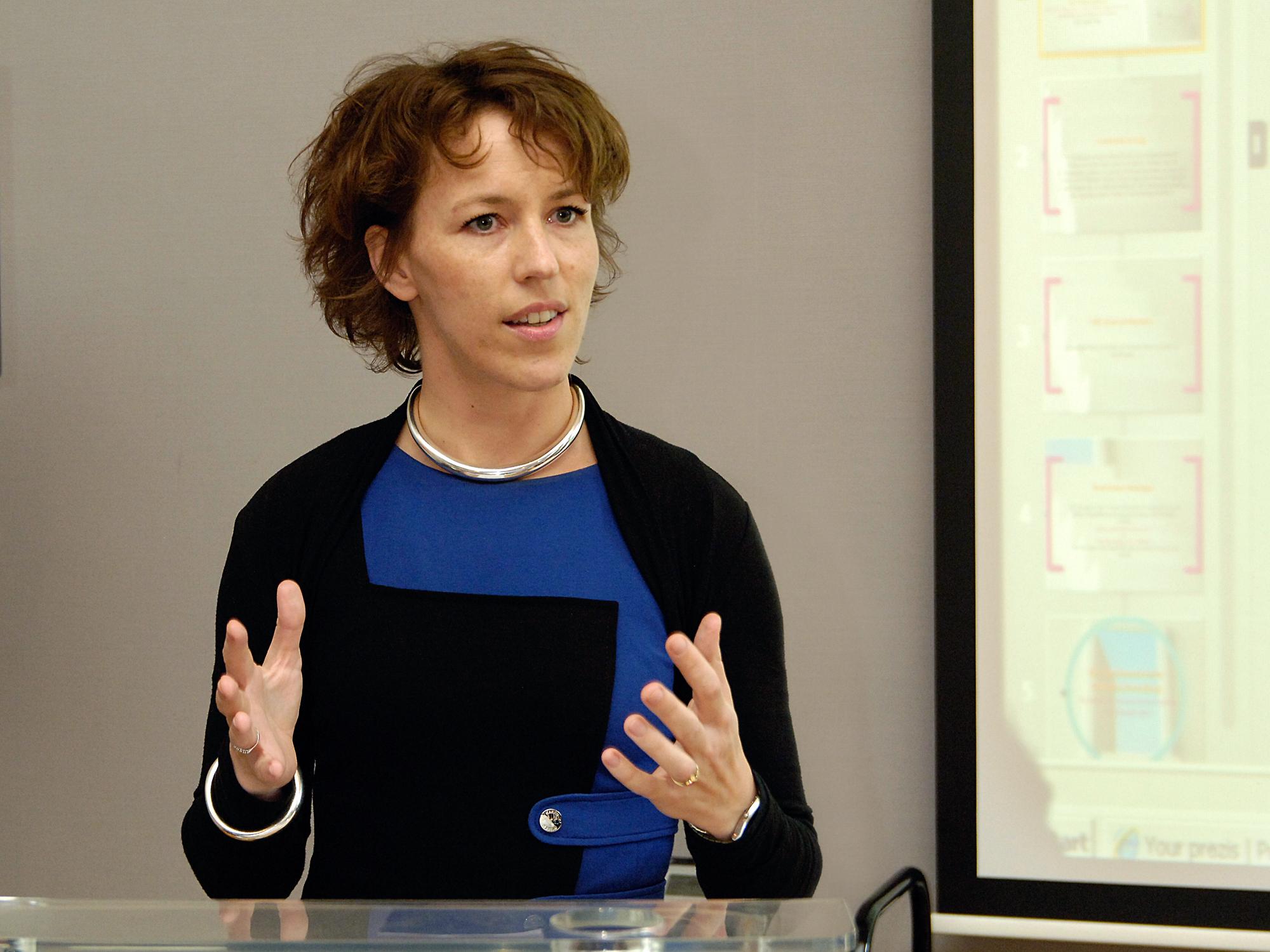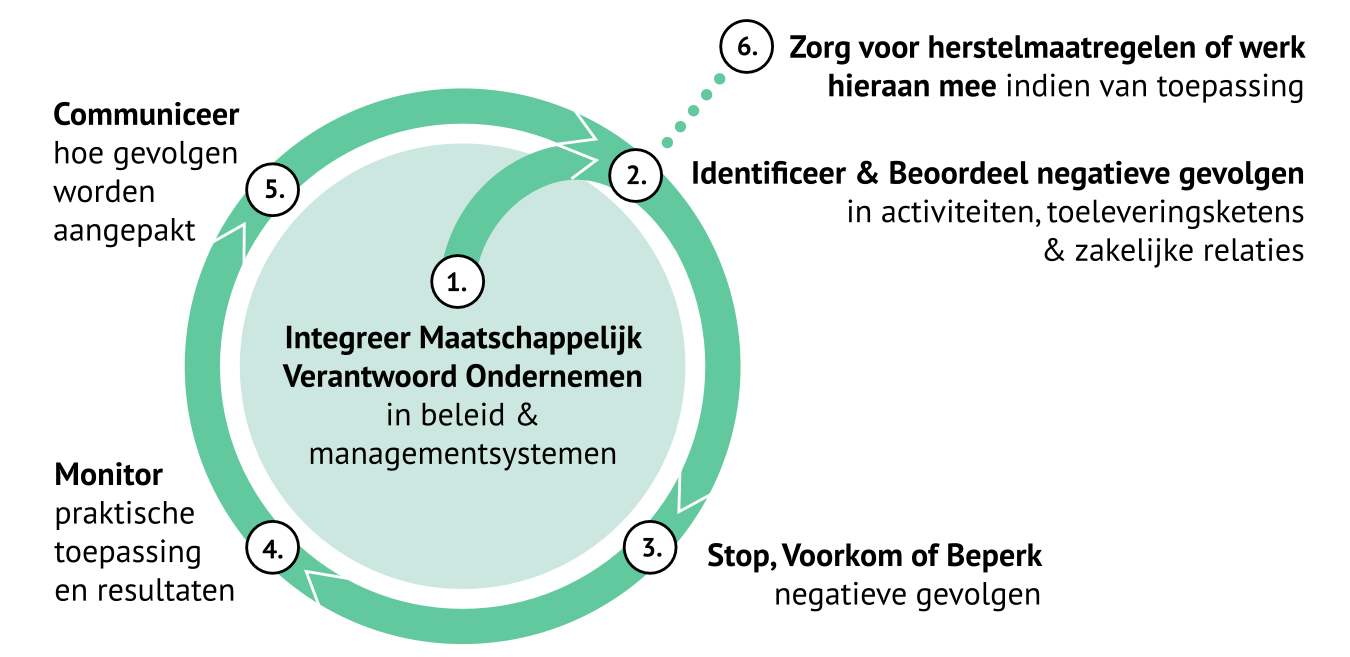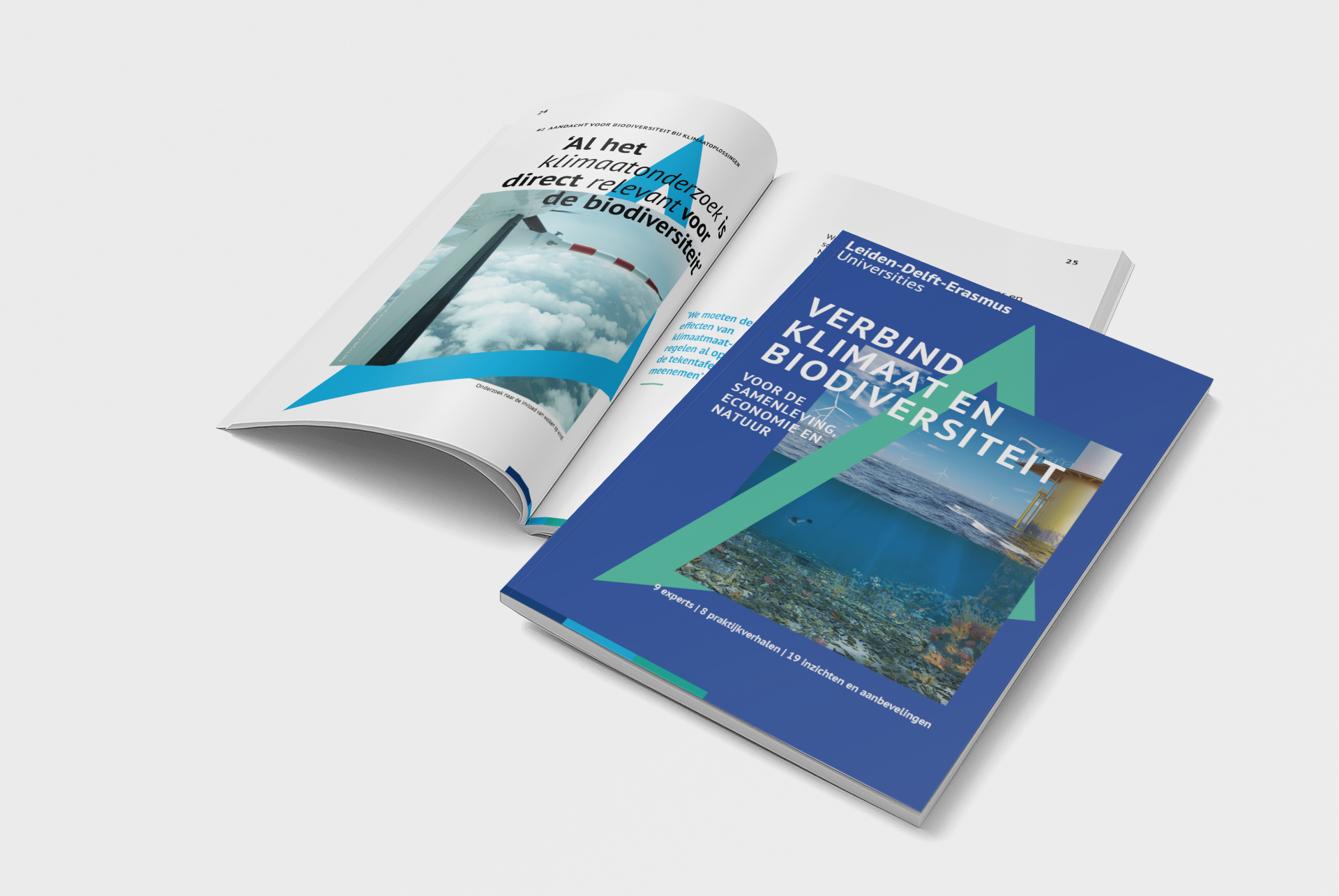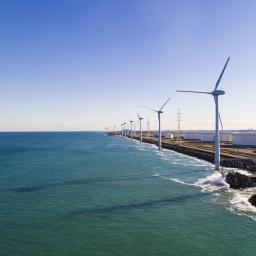Increasingly, international guidelines are laying down expectations for companies to prevent adverse impacts on human rights and the environment in their global value chains and to provide for or cooperate in remediation where applicable. While these guidelines do not create direct legal obligations for companies, the tide is turning, says lawyer Liesbeth Enneking. 'Leading companies are pushing for equal standards for all.'
By Rianne Lindhout
 Are companies taking responsibility for biodiversity and climate?
Are companies taking responsibility for biodiversity and climate?
'As long as the true costs of, say, climate change or oil pollution in producing countries like Nigeria or Peru are not priced into petrol, we need some other form of regulation.'
'We already have international policy frameworks focused on ‘doing good’, such as the UN Sustainable Development Goals, but these still allow corporate actors such as mining companies to cause environmental degradation and exploit workers while garnering community support by building a local hospital. And renewable energy companies to purchase resources from those mining companies to build wind turbines.'
Don’t we also have ‘do no harm’ standards?
'Yes, those are reflected in international guidelines such as the OECD Guidelines for Multinational Enterprises on Responsible Business Contact and the UN Guiding Principles on Business and Human Rights. These lay down the expectation that companies conduct ‘due diligence’ to prevent their business activities – or those of their subsidiaries or value chain partners – from having an adverse impact on people and planet, and to provide for or cooperate in remediation where such impacts do occur. It requires a constant cycle of identifying and assessing adverse impacts, taking action, monitoring implementation and results, communicating how impacts are addressed and back to impact identification and assessment again.'
Over the past decade, companies have started imposing ‘do no harm’ standards on themselves and on each other.'
But are those guidelines not too soft?
'Times are changing. Over the past decade, companies have started imposing ‘do no harm’ standards on themselves and on each other. Some have their reputation in mind in doing so, others are more intrinsically motivated. They may for example impose contractual obligations on their supply chain partners, requiring them to also prevent and address negative impacts, or sign up to sector-wide agreements aimed at the implementation of due diligence by the signatory companies.'
'Moreover, companies are increasingly required to show that they have adequately implemented due diligence in order to be eligible for subsidies, export credits or public procurement, while also being confronted more and more often with complaints and lawsuits by adversely impacted individuals or communities.'
Shell has started losing lawsuits over climate change and environmental damage.
'In 2021, Nigerian farmers won a lawsuit before a Dutch court against Shell’s Netherlands-based parent company and its Nigerian subsidiary after suing them for oil pollution in the Niger Delta caused by leaking pipelines. Similar cases are currently being tried in the UK and elsewhere.'
'In another Dutch case, the court ruled that Shell has a duty of care to reduce its worldwide CO2 emissions, including those of their subsidiaries, supply chain partners and end users, based among other things on the societal expectations for companies to prevent adverse impacts on people and planet that are reflected in the OECD Guidelines and UNGP’s. In other words, the soft law of due diligence is increasingly proving decisive in courts as well.'
Isn’t there a better way than these cumbersome, drawn-out lawsuits?
'We need legislation to get the large majority of companies as well as the laggards to follow the leading companies in their implementation and operationalisation of due diligence. Efforts to enact such legislation vary from country to country, and the European Commission wants a level playing field for European companies.'
'It has therefore proposed the Corporate Sustainability Due Diligence Directive, known as the CSDDD. After lengthy negotiations, this EU directive, nicknamed the anti-blind-eye directive, is now close to being adopted. It will apply to European companies with more than 1,000 employees and €450 million turnover worldwide, as well as to non-European companies with at least this turnover in the EU.'

That law will only apply to an estimated 0.1% of EU companies. Hardly enough to move the needle.
'It’s a step forward. More steps are needed, given the urgency of the underlying issues, but still. We mustn’t forget that other legal developments are also forging ahead: supply chain contracts, sector agreements, socially responsible public procurement, lawsuits and more.'
'Besides, more sustainability legislation is being introduced on sub-topics, such as batteries, deforestation and sustainability reporting, effectively imposing mandatory due diligence also on other companies. You could say that the legal net is starting to close around companies. Those leading the pack are now pushing for equal standards for all, so that they’re not the only ones paying for due diligence.'
We have to pursue every available avenue – both legal and non-legal – to ensure companies take their responsibility.'
How can we improve the situation?
'We have to pursue every available avenue – both legal and non-legal – to ensure companies take their responsibility. While we need legal obligations, we also need more. The leading companies, for instance, need a safe space in which they can discuss how to deal with the dilemmas they run into. What if you discover that one of your subcontractors is using child labour? Do you disengage or do you try to improve the situation?'
'What’s more, we need policymakers, shareholders, employees, investors and consumers to take their responsibility just as much as companies. We all bear responsibility when it comes to preserving our planet and protecting those living on it. But are we willing to pay more for a litre of petrol? Will we actually stop flying? Do we have it in us to change our consumption habits? It worries me how everyone keeps shifting responsibilities to avoid taking their own.'
Do law degree programmes pay attention to responsible business conduct?
'Our faculty is working on integrating the legal aspects of sustainability issues into the curriculum. Should we teach our future lawyers how best to identify legal loopholes for their clients? Or should we train them to help companies align their activities and procedures with societal expectations regarding corporate responsibility and sustainability, in the realization that today’s societal expectations will shape tomorrow’s legal obligations?'
'No matter where you end up – a law firm, a company’s legal department or the government – and in what capacity, you should never stop asking critical questions.'
Liesbeth Enneking is Professor of Corporate Responsibility & Sustainability at Erasmus School of Law. She is also an Independent Member of the Dutch OECD National Contact Point for Responsible Business Conduct. In that capacity, she handles complaints against Dutch multinationals regarding non-compliance with the OECD Guidelines for Multinational Enterprises on Responsible Business Conduct.
 New white paper 'Connect Climate and Biodiversity for Society, Economy and Nature'
New white paper 'Connect Climate and Biodiversity for Society, Economy and Nature'
This article is from the new white paper 'Connect Climate and Biodiversity for society, economy and nature' of Leiden-Delft-Erasmus Universities. In this paper, scientists, foresters, bankers, farmers, and municipal officials advocate protection of eco-systems as a strategy against global warming.
Download the white paper (written in Dutch, except the English summary and list of recommendations) or order a copy via Katja Hoiting: k.hoiting@tudelft.nl








